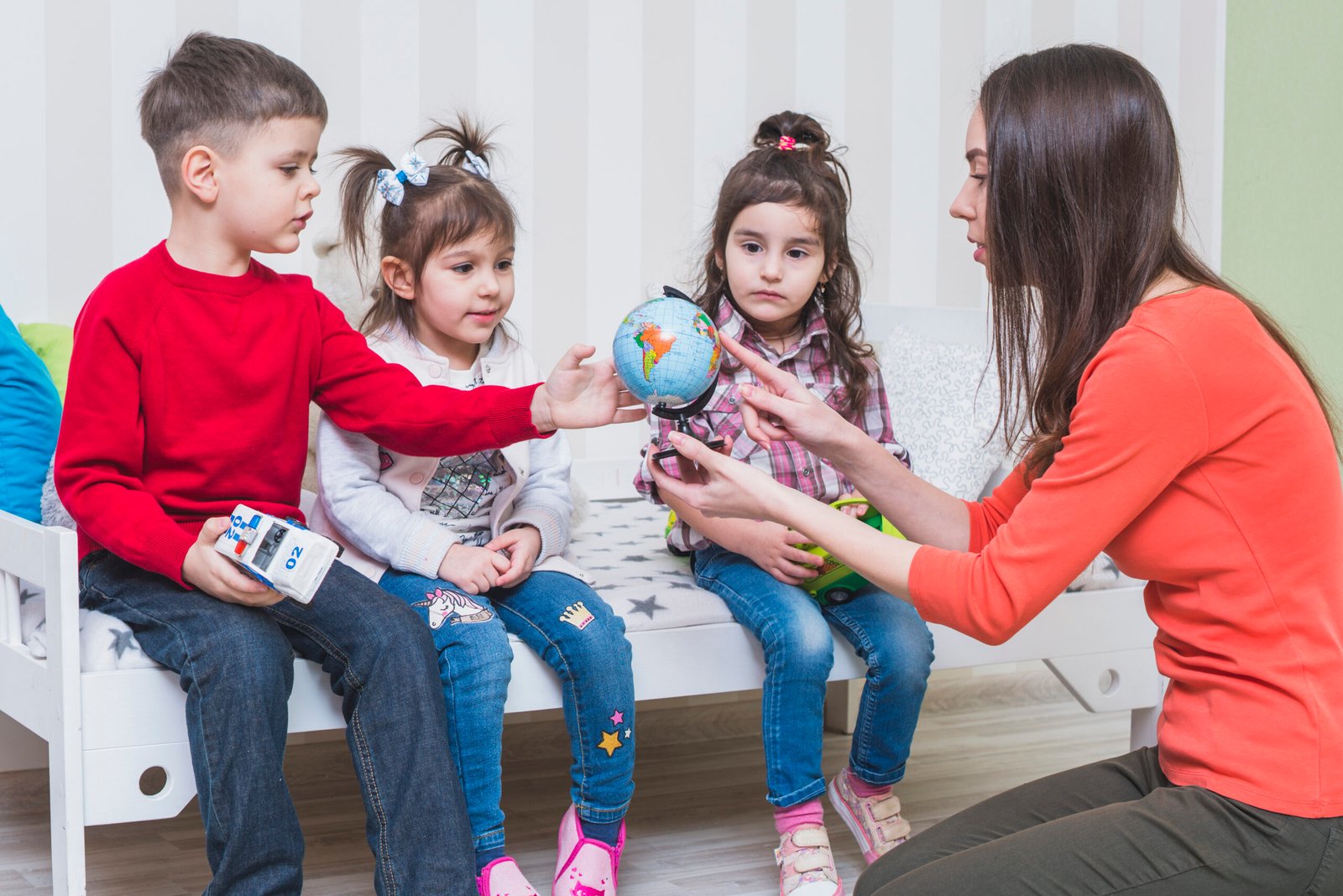Every child learns, feels, and experiences the world in a unique way. The concept of neurodiversity recognizes that neurological differences—such as autism, ADHD, dyslexia, and other cognitive variations—are natural variations of the human brain rather than deficits that need to be “fixed.” Embracing neurodiversity means building communities, classrooms, and support systems that honor differences and enable every child to thrive. Through supportive services like ABA therapy Illinois, families can access structured, compassionate care that empowers neurodiverse children to build skills while also fostering acceptance and understanding within their communities.
What It Means to Support Neurodiversity
Supporting neurodiversity involves more than acknowledging that brains work differently—it means actively creating environments where all children feel valued, safe, and included. This includes:
- Encouraging individual strengths rather than focusing solely on challenges
- Recognizing diverse ways of communicating and learning
- Reducing stigma and judgment
- Providing resources that meet various developmental needs
- Ensuring every child has a sense of belonging
When children feel accepted for who they are, they are more likely to build confidence, engage in learning, and develop meaningful relationships.
Why Inclusion Matters for Neurodiverse Children
Children who experience acceptance from peers, educators, and caregivers often show improved emotional well-being and increased social engagement. Inclusion helps reduce isolation, fosters empathy in others, and encourages children to participate more freely in group activities.
Neurodiverse children may face challenges with communication, sensory regulation, or social cues, and inclusive environments provide structured support while allowing them to interact with others on their own terms. This builds trust and encourages positive social development.
The Role of Therapies in Empowering Neurodiverse Children
Supportive, child-centered therapies can help neurodiverse children gain life-enhancing skills while respecting their individuality. Approaches like ABA (Applied Behavior Analysis), speech therapy, occupational therapy, and social-emotional learning programs are often integrated to teach communication, independence, emotional regulation, and daily living skills.
ABA therapy, in particular, focuses on breaking down complex tasks into manageable steps, using positive reinforcement to help children build skills in a way that feels achievable and supportive. When implemented with compassion and flexibility, ABA encourages progress while honoring each child’s pace and personality.
Building Inclusive Communities Starts with Awareness
Creating inclusive spaces requires education and empathy. When caregivers, teachers, and peers understand that neurodiversity involves different sensory needs, communication styles, and learning preferences, they can respond with patience and kindness rather than misunderstanding or frustration.
Schools, community programs, and recreational activities become more welcoming when they introduce:
- Sensory-friendly spaces
- Flexible communication methods
- Visual supports or social stories
- Peer education on neurodiversity
- Structured routines with room for individual needs
In these environments, neurodiverse children are not expected to conform to one way of behaving or learning—instead, they are given tools that support how they naturally process the world.
Empowering Strengths Instead of Focusing on Deficits
A neurodiversity-affirming perspective encourages communities to highlight strengths such as creativity, deep focus, pattern recognition, innovation, empathy, and unique problem-solving skills. When children grow up knowing they contribute positively to their community, they are more likely to develop a strong sense of identity and purpose.
Teachers and caregivers can help children explore their interests through art, science, music, technology, storytelling, or nature-based learning, offering various pathways for expression and success.
The Importance of Parent and Family Support
Inclusive communities also involve helping families feel supported rather than overwhelmed or isolated. Parents of neurodiverse children often need access to resources, emotional support, and educational tools that empower them to advocate confidently for their child. Family-focused therapy, community workshops, and support networks can make a major difference in how parents navigate their child’s development.
When families feel empowered and informed, they can better support their child’s journey while building resilience and advocacy skills.
Encouraging Peer Connections and Social Growth
Peer interaction plays an important role in emotional and social development. Inclusive communities facilitate structured opportunities for children to connect, practice communication, and build friendships. Programs that promote mixed-age or mixed-ability activities allow neurodiverse and neurotypical children to learn from one another, developing mutual respect and empathy.
Social skill-building through play-based activities or supportive group sessions helps neurodiverse children understand social cues, express themselves clearly, and engage in joyful collaboration.
Moving Toward a More Understanding Future
Supporting neurodiversity means recognizing that all children deserve spaces where they can grow at their own pace, communicate in their own ways, and feel accepted for who they are. With the right tools, inclusive education, and compassionate therapeutic support, children can develop confidence, independence, and a deep sense of belonging.
Communities that embrace neurodiversity become stronger, more compassionate, and more creative. When we honor each child’s differences as strengths rather than challenges, we create a future where everyone has the opportunity to thrive, contribute, and feel valued exactly as they are.

